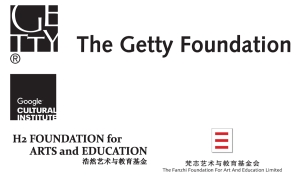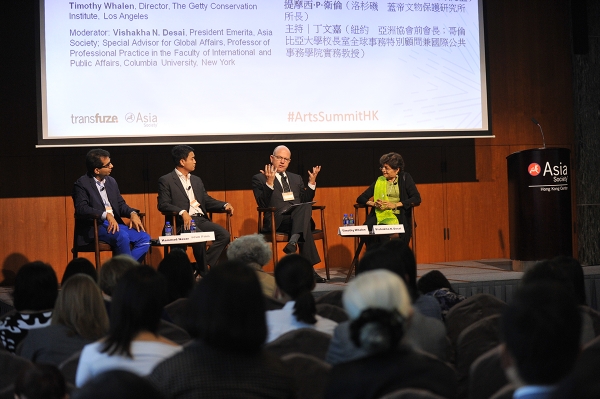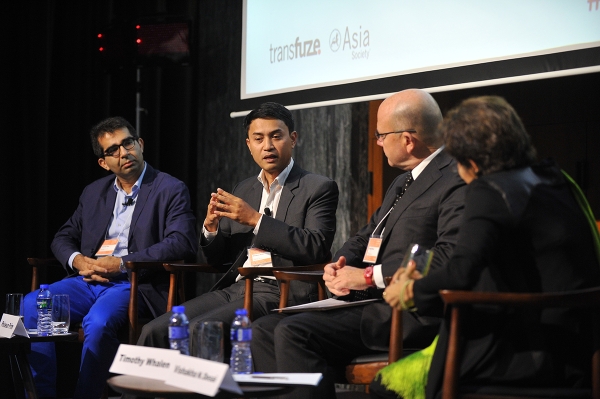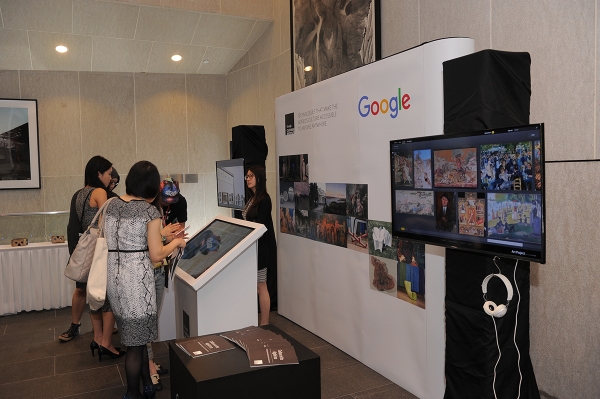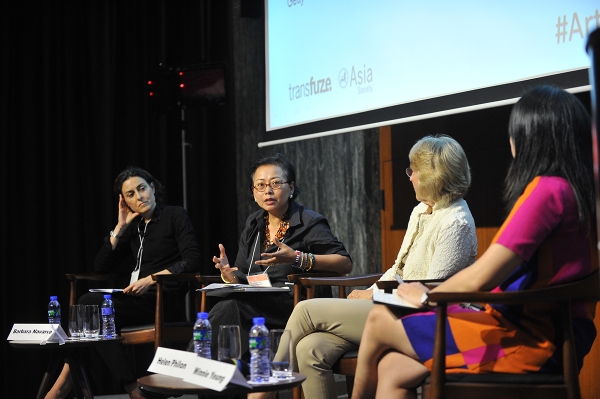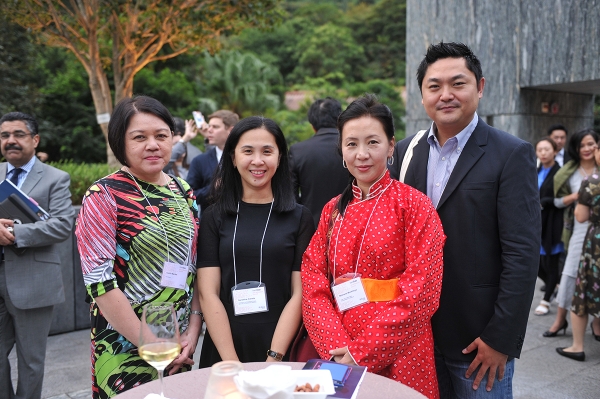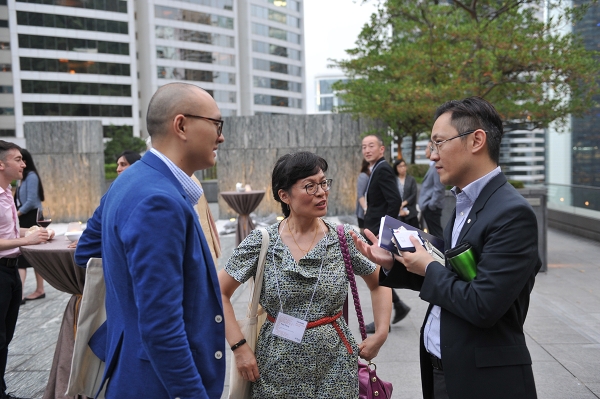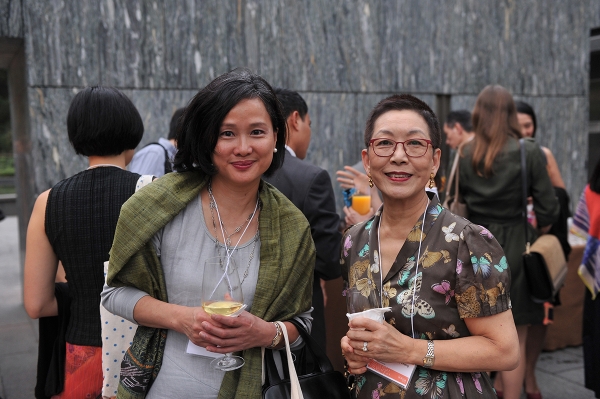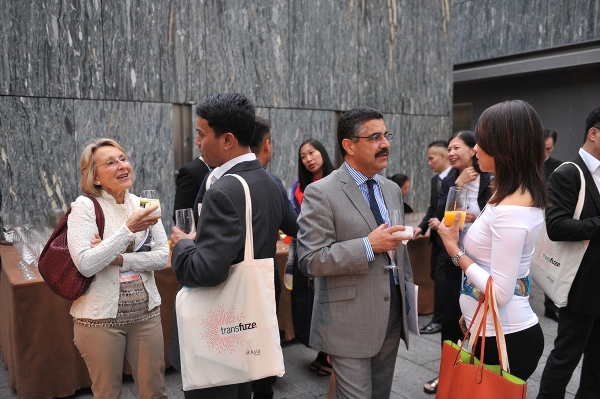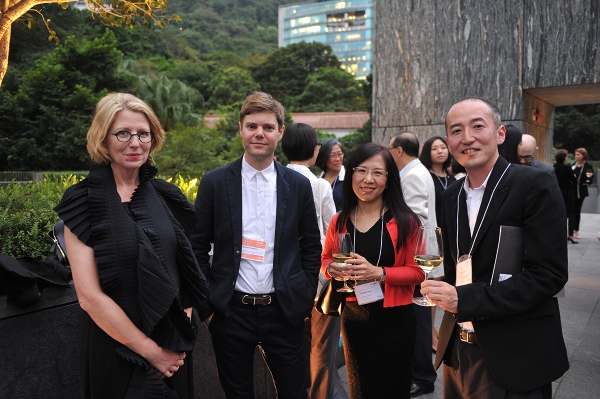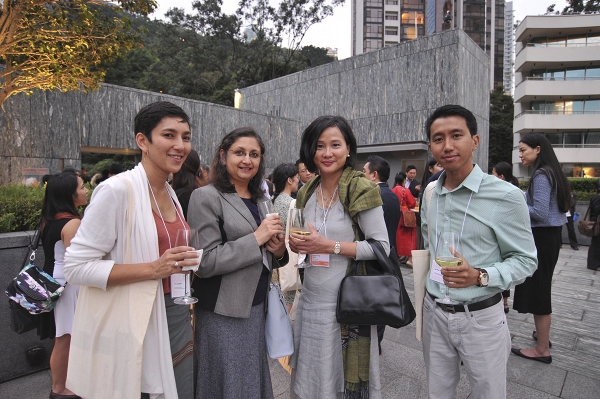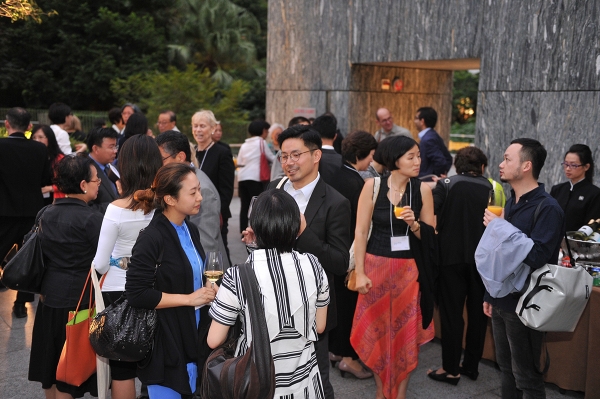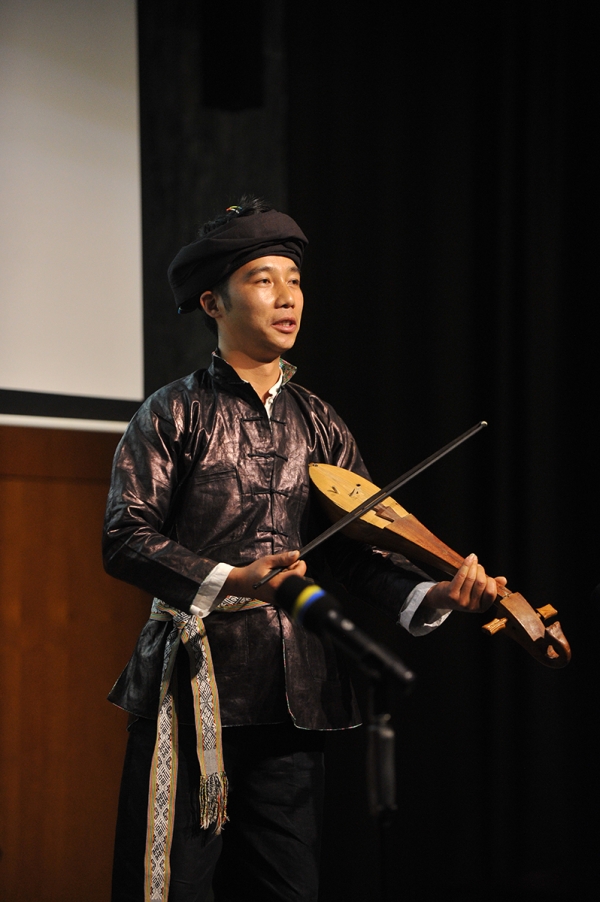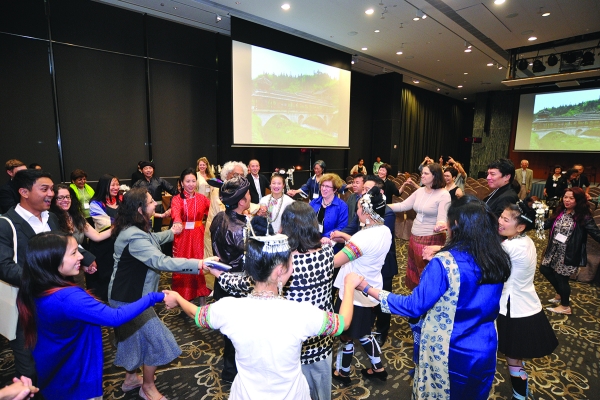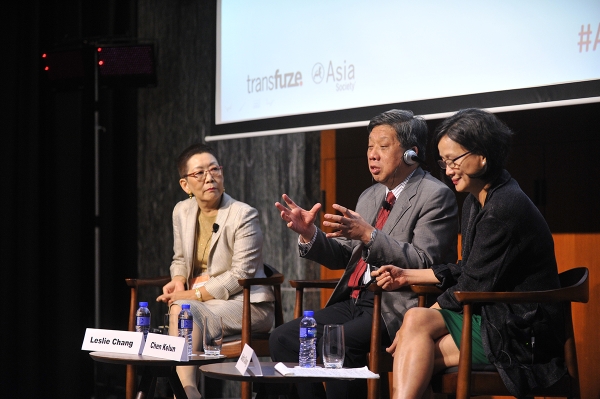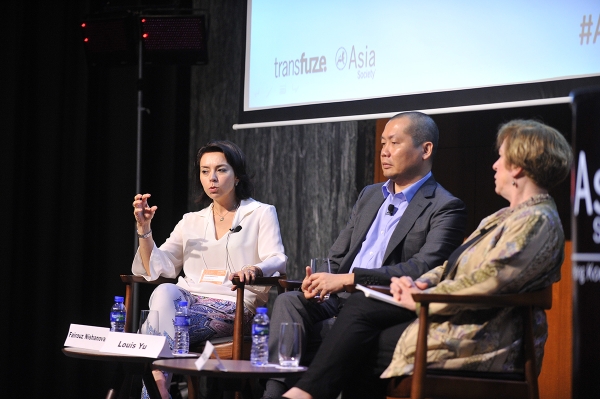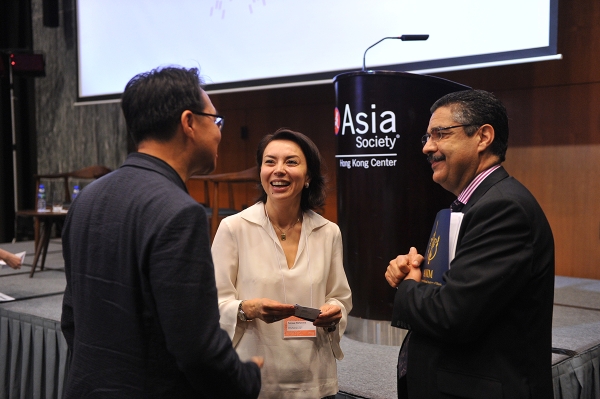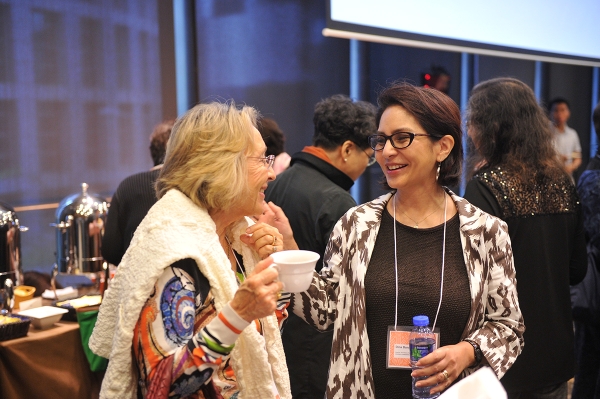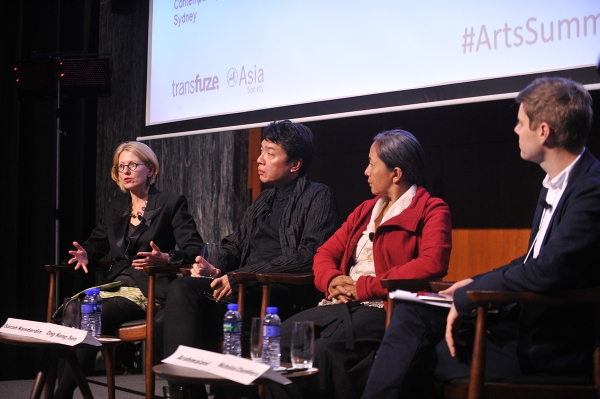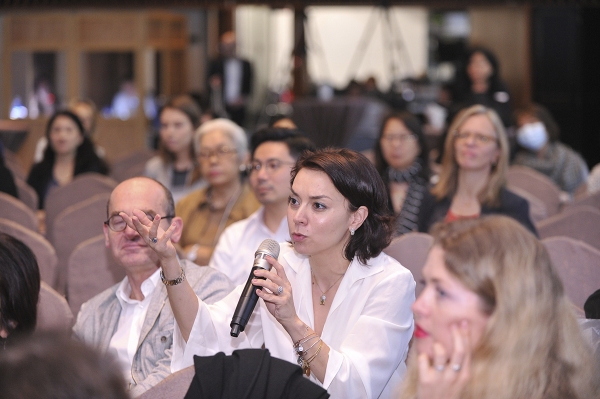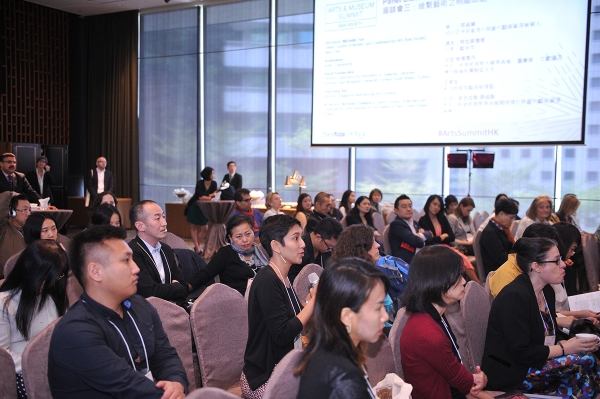2015 Arts & Museum Summit Agenda
The Past and Present Preserved: Assuring Our Cultural Legacy in the 21st Century
In the past decade, Asia has seen dramatic economic and demographic transformation. With more than half of Asia’s population living in urban areas, notions of community are being challenged and reshaped. As global corporations and the expansion of higher education draw the next generation away from traditional trades, Asia’s rich tangible and intangible heritages are in jeopardy. Further, both natural and human-made disasters imperil the relics of these traditions.
The 2015 Arts & Museum Summit brought together leaders in the cultural sector to approach this challenge and explore our shared responsibilities as stewards of culture. Through compelling keynote speeches and in-depth panel discussions, the two-day program probed the key ethical questions facing preservation and, through demonstrations, explored the technologies, methods, and practices used to keep traditions intact and relevant in the 21st century.
Program Schedule
Thursday, November 19
Welcome and Opening Remarks
2:00 – 2:20 PM
Welcome Remarks
S. Alice Mong, Executive Director, Asia Society Hong Kong Center
Peggy Loar, Interim Vice President of Global Arts and Culture and Museum Director, Asia Society New York
Opening Remarks
Josette Sheeran, President and CEO, Asia Society
Video Keynote Address
2:20 – 2:30 PM
Irina Bokova, Director-General, UNESCO (United Nations Educational, Scientific, and Cultural Organization), Paris
Keynote Panel: Stewardship and Continuity
2:30 – 3:30 PM
Panelists
Hammad Nasar, Head of Research and Programmes, Asia Art Archive
Phloeun Prim, Executive Director, Cambodian Living Arts
Timothy P. Whalen, Director, Getty Conservation Institute
Moderator
Vishakha Desai, Special Advisor for Global Affairs to the President and Professor of Practice, School of International Affairs, Columbia University
In our global cultural community, there are many individuals and organizations that work closely with museums and other institutions, including UNESCO, ICOM (International Council of Museums), and ICCROM (International Centre for the Study of the Preservation and Restoration of Cultural Property), to help ensure the continuation of our knowledge of civilizations, including their material culture and ephemeral manifestations. In this opening panel, the speakers identified and examined what cultural heritage preservation entails, whose responsibility it is, and for whom the effort is intended.
Panel Discussion I: Authenticity and Context
3:45 – 5:15 PM
Introducer
Adriana Proser, John H. Foster Senior Curator for Traditional Asian Art, Asia Society New York
Panelists
Restu Kusumaningrum, Founder and Director, Bumi Purnati Indonesia, Jakarta
Bárbara Navarro, Director; Public Policy, Strategy and Operations for Asia Pacific, Middle East, Africa, and Russia; Google, Hong Kong
Helen Philon, Independent Scholar and Cofounder, Deccan Heritage Foundation, London and Mumbai
Moderator
Winnie Yeung, Head of Heritage, Central Police Station Revitalisation Project, The Jockey Club CPS Limited
The practice of preserving cultural heritage exists in most cultures, and it has evolved with time as well. As new technologies become available, art conservators gain more knowledge of the materials and improve the ways they care for objects. Practitioners also become more fluent with the different formats of documenting the work they do, as well as the tools that can be employed in teaching the next generation of conservators. This panel discussed predominant schools of thought on preservation, where these ideologies intersect and where they conflict, and the changing environment that may bring new interpretations of what constitutes preservation.
Roof Garden Reception
5:15 – 6:15 PM
Performance and Discussion: Asia Live in Hong Kong
6:15 – 7:30 PM
Performance
Dimen Dong Folk Chorus
In Conversation
Wai Kit Lee, Founder, Western China Cultural Ecology Research Workshop
Many artists trained in traditional performing arts are finding new ways to advance their disciplines. Some continue to practice and safeguard the traditions while others have been creating new styles built on these traditions. This program brought together the dynamic life of the arts with techniques that are rooted in the past and herald the future.
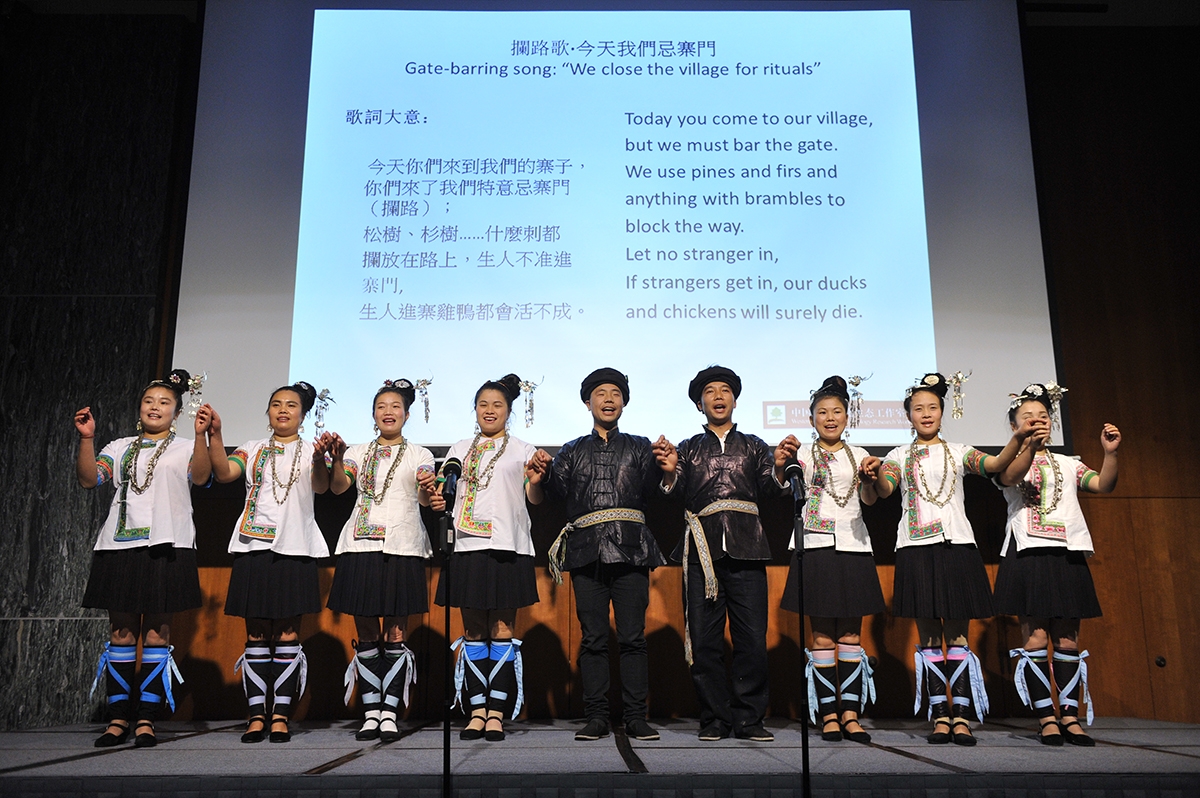
Friday, November 20
Welcome and Introduction
9:00 – 9:10 AM
Peggy Loar, Interim Vice President of Global Arts and Culture and Museum Director, Asia Society New York
Nick Pozek, Manager, Museum Digital Strategy, Asia Society New York
S. Alice Mong, Executive Director, Asia Society Hong Kong Center
Relevance and Change: Museum Case Studies
9:10 – 10:00 AM
Speakers
Chang Lin-sheng (Leslie Chang), Director, Aurora Museum, Shanghai
Chen Kelun, Deputy Director, Shanghai Museum
As the global impact of contemporary art from China and the Chinese diaspora grows, it is an opportune moment to call attention to Chinese museums that continue to focus on Chinese classical art and their efforts to chronicle the past and engage the present. Both state and private museums of this genre strive to adapt to the evolving ecology of museums and visitor demographics in the 21st century. In this conversation, the Shanghai Museum, a renowned state museum actively collaborating with international institutions, and the Aurora Museum, a private museum that prides itself on its educational approach, shared their ongoing preservation projects. Their insights can be taken as guidelines for a larger discussion about the shifting role of institutions as guardians of tangible and intangible cultural heritage, and changing expectations in their interactions with the public.
Relevance and Change: Performing Arts Case Studies
10:10 – 11:00 AM
Speakers
Fairouz Nishanova, Director, Aga Khan Music Initiative
Louis Yu, Executive Director, Performing Arts, West Kowloon Cultural District Authority
In Asia, performing arts have been an integral part of everyday life for centuries. The rapid urbanization and expansion of international corporations in the past century have changed both the dynamics within communities that have long lived with these traditions as well as the way people engage with traditional arts. When presenting these art forms to a wider audience, it becomes imperative to maintain the balance of maintaining the authenticity and integrity of the arts while also observing their contexts. These case studies highlighted the situations that many communities are facing, and the work that has been done to help preserve traditions that are still very much alive.
Panel Discussion II: Threats and Risks
11:15 AM – 12:30 PM
Introducer
Peggy Loar, Interim Vice President of Global Arts and Culture and Museum Director, Asia Society New York
Panelists
Dina Bangdel, Director, Art History Program, Virginia Commonwealth University in Qatar, Doha
Zeyba Rahman, Senior Program Officer, Doris Duke Foundation for Islamic Arts
Ahmad Sarmast, Music Advisor & Project Director, Afghanistan National Institute of Music
Moderator
Bonnie Burnham, former president, World Monuments Fund
Climate change—a major concern, discussed at international conferences for more than two decades—will have an undeniable impact in the 21st century. Besides earthquakes, tsunamis, and typhoons, catastrophes resulting from this phenomenon can also strike in the form of regional conflicts. Changing populations and growing economies challenge communities and draw younger generations away from traditions. The continuity of cultures is at risk when confronted with human-made and natural disasters and the shifting of societies. This panel aimed to identify threats the arts currently face in Asia, as well as the precautionary and responsive actions being taken by governments, institutions, and individuals.
Panel Discussion III: Sustaining Ephemerality
1:30 – 2:45 PM
Introducer
Michelle Yun, Senior Curator of Modern and Contemporary Art, Asia Society New York
Panelists
Arahmaiani, artist, Yogyakarta
Sarah Kenderdine, Director; Laboratory for Innovation in Galleries, Libraries, Archives, and Museums; University of New South Wales, Sydney
Ong Keng Sen, Director, Singapore International Arts Festival
Moderator
Nicholas Chambers, Senior Curator of Modern and Contemporary International Art, Art Gallery of New South Wales, Sydney
Contemporary art practices are increasingly becoming multidisciplinary and experiential. When an artist creates a work, whether in the form of a song, dance, video, or installation, an emphasis on aspects of performance has necessitated the standardization of documenting and preserving the work. What are the responsibilities of institutions, artist estates, and practitioners in preserving works in which permanence is not part of the creative intent? What are the defining elements of a work that is performance-oriented? How does this affect its exhibition and reception? Who decides on the life of a work, once the creator is no longer able to oversee its presentation?
Panel Discussion IV: Alternate Philosophies
3:00 – 4:15 PM
Introducer
Dominique Chan, Head of Gallery and Exhibition, Asia Society Hong Kong Center
Panelists
Hongnam Kim, former director general, National Museum of Korea, Seoul
Vasif Kortun, Director of Research and Programs at SALT, Istanbul
Rajeev Sethi, Founder, Asian Heritage Foundation, New Delhi
Moderator
Cosmin Costinas, Executive Director/Curator, Para Site, Hong Kong
Governments and cultural institutions have traditionally been responsible for developing guidelines on how best to identify and preserve cultural heritage, and they have taken the lead to put these policies into effect. As contemporary artists increasingly look toward the past to create new works based on traditional artistic practices, these criteria may need to be reassessed, to gauge whether current polices are adequate for preserving these new art forms and whether new strategies need to be adopted. In light of this phenomenon, it is also important to identify who may most effectively lead these preservation efforts. This final discussion of the Summit looked toward the future to suggest potential models for the changing social and cultural environment.
Summary and Closing Remarks
4:15 – 4:30 PM
Boon Hui Tan, Incoming Vice President of Global Arts and Cultural Programs and Museum Director, Asia Society New York
Peggy Loar, Interim Vice President of Global Arts and Culture and Museum Director, Asia Society New York
Support
The 2015 Arts & Museum Summit was made possible through support from The Getty Foundation. Google is an Official Summit Partner. Additional support is provided by The Julis-Rabinowitz Family Art Initiative; H2 Foundation for Arts and Education Limited, Hallam Chow; and Fanzhi Foundation for Arts and Education Limited.
